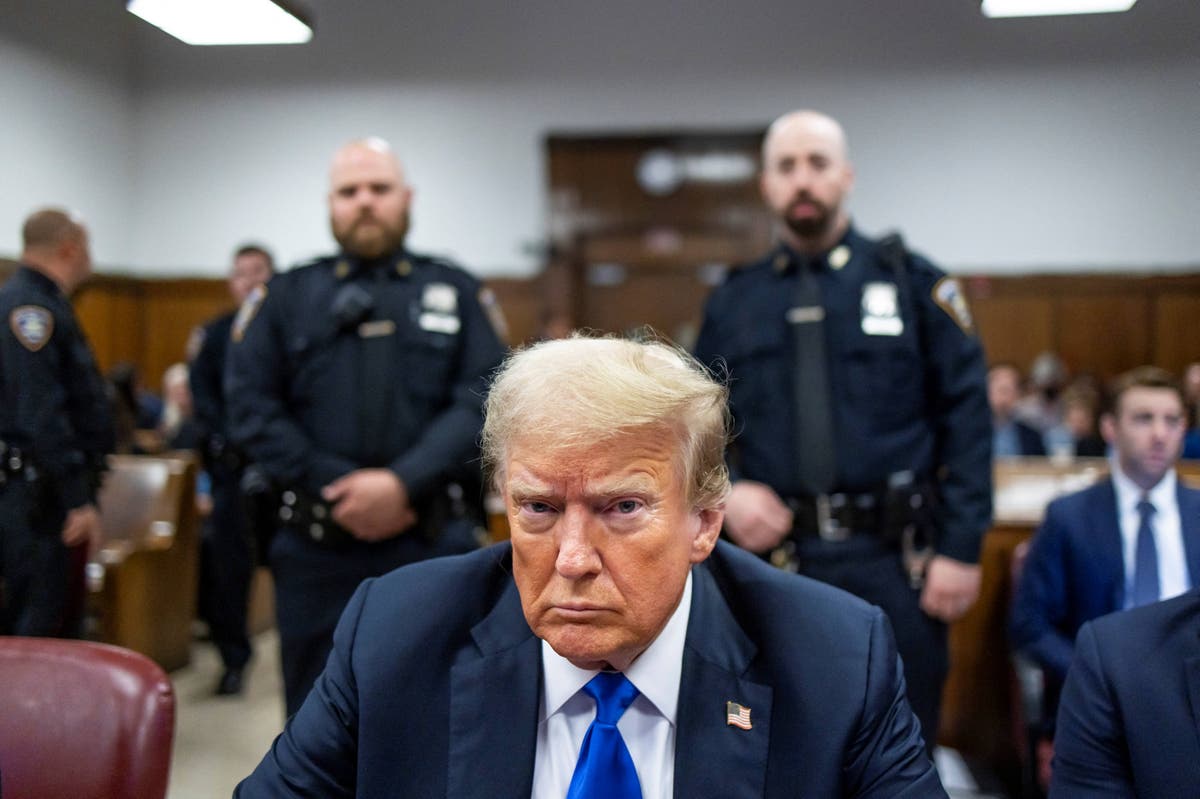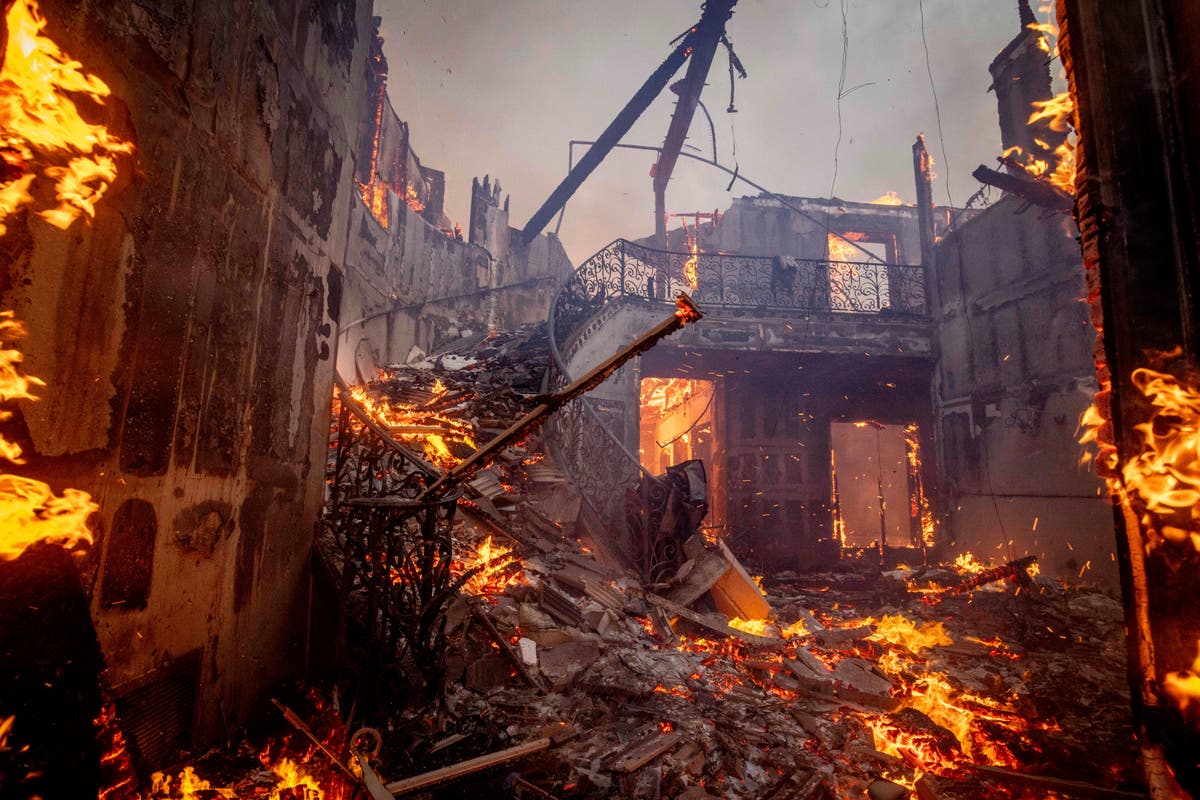Former U.S. President Jimmy Carter, a Nobel Peace Prize winner and the 39th President of the United States, passed away at his home in Plains, Georgia last week. His funeral arrangements are underway, beginning Saturday with a procession in Georgia and culminating in a national funeral.
Carter's funeral procession will commence in Americus, Georgia, Saturday morning. Former and current Secret Service agents will escort his remains to a hearse, which will then travel to his childhood home in Plains before proceeding to Atlanta. The former president will lie in repose at the Carter Presidential Center in Atlanta until early Tuesday. Subsequently, his body will be transported to Washington, D.C., where he will lie in state at the Capitol Rotunda prior to a national funeral service at the National Cathedral.
President Biden has declared January 9th a national day of mourning, encouraging Americans to pay their respects at their places of worship. This reflects the widespread respect and admiration for Carter's long and impactful life.
Carter's legacy extends beyond his presidency. He was instrumental in establishing The Carter Center, focusing on global health and conflict resolution. His philanthropic endeavors, particularly his efforts to eradicate Guinea worm disease, highlight his commitment to humanitarian service. His approach to international diplomacy, including the Camp David Accords, also left a lasting mark on global affairs.
Despite facing economic and international challenges during his presidency, Carter's dedication and humility are noted throughout his career. A man of simplicity and quiet dignity, Carter remains a figure of significant historical importance.







